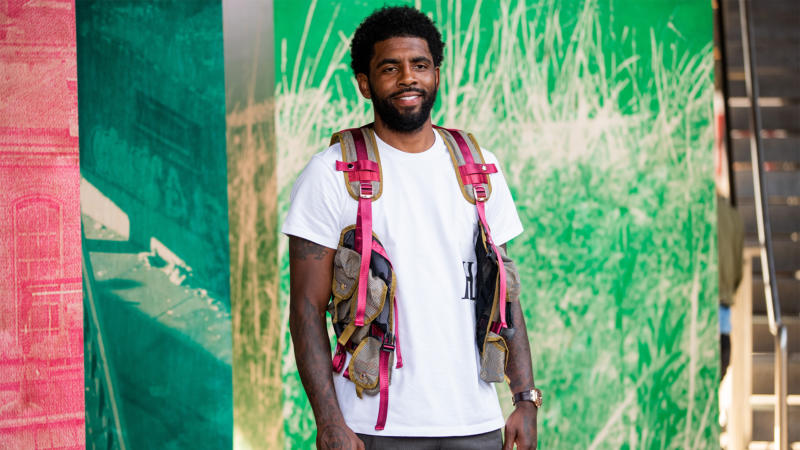Born in Australia but raised in New Jersey, Kyrie Irving was destined for a basketball career.
His father, Dredrick, was a college basketball player himself, who went on to play professional basketball in Australia after his college career was over.
It was his father who inspired him to become a basketball player, himself.
“I’m probably one of the most competitive people ever,” Irving told Yahoo back in 2011. “I want to go out there and destroy people, honestly. It’s fun to me. It comes mainly from my father.”
But while his father got his start at Boston University, Kyrie Irving got his start at Duke University, where he quickly began standing out as the superstar he would eventually become. Ultimately, he decided to forgo his final three seasons of eligibility, and submitted himself for the 2011 NBA draft. He was a first-round pick, and was drafted to the Cleveland Cavaliers.
Today, though, Kyrie Irving is a point guard for the Brooklyn Nets, and according to Celebrity Net Worth, he has an estimated $90 million net worth.
Let’s take a look at how Kyrie Irving made his money while continuing to still pay it forward.
Editorial note: The net worth listed in this piece is a speculative estimate drawn from a variety of online sources.
NBA Salary
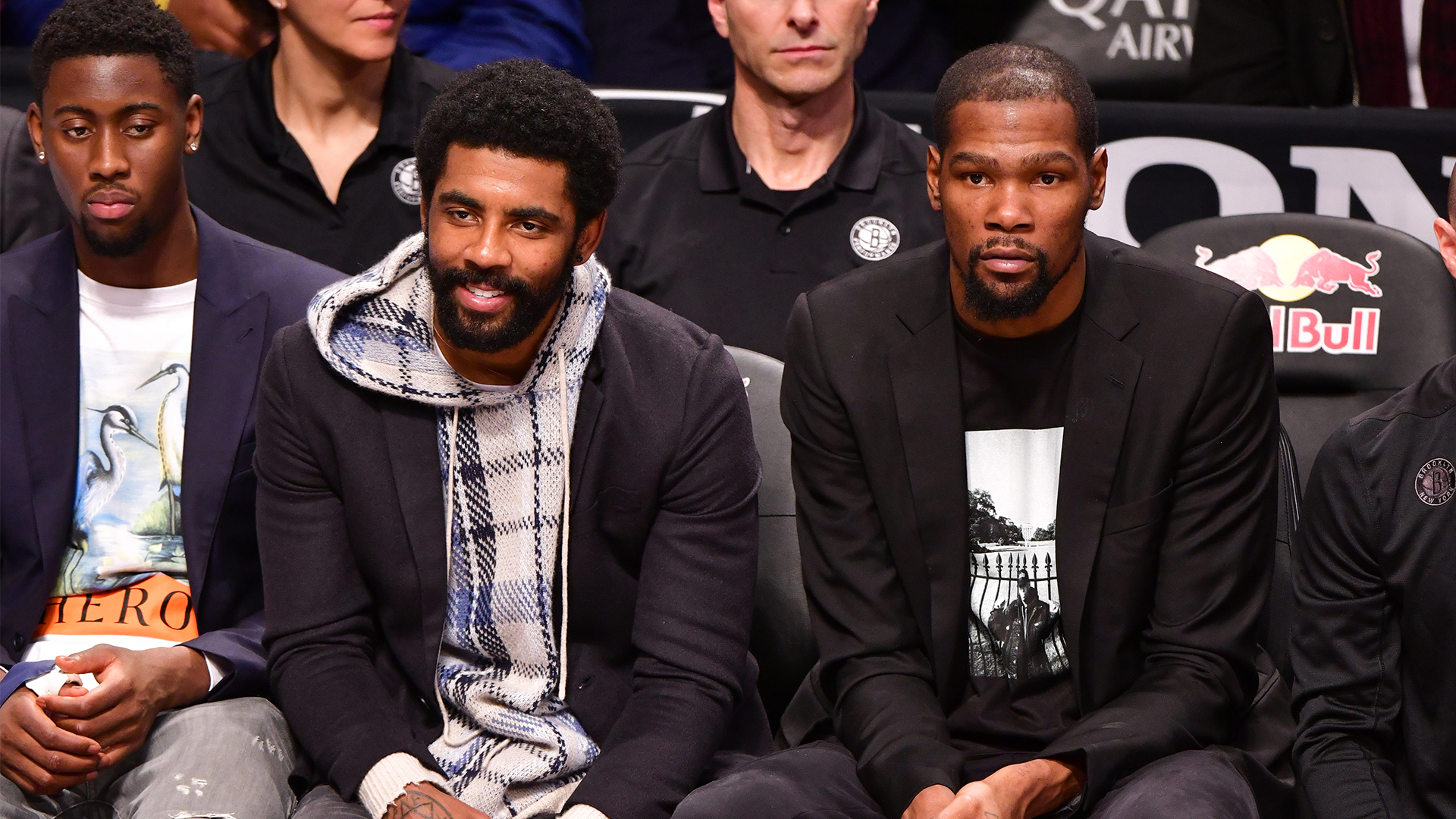
According to Celebrity Net Worth, the majority of Kyrie Irving’s net worth comes from his handsome NBA salary. On average, he makes about $35 million a year. And though he’s sidelined right now due to his refusal to comply with the NBA’s COVID vaccine mandate, he’s still considered the point guard for the Brooklyn Nets.
Film & Television Career
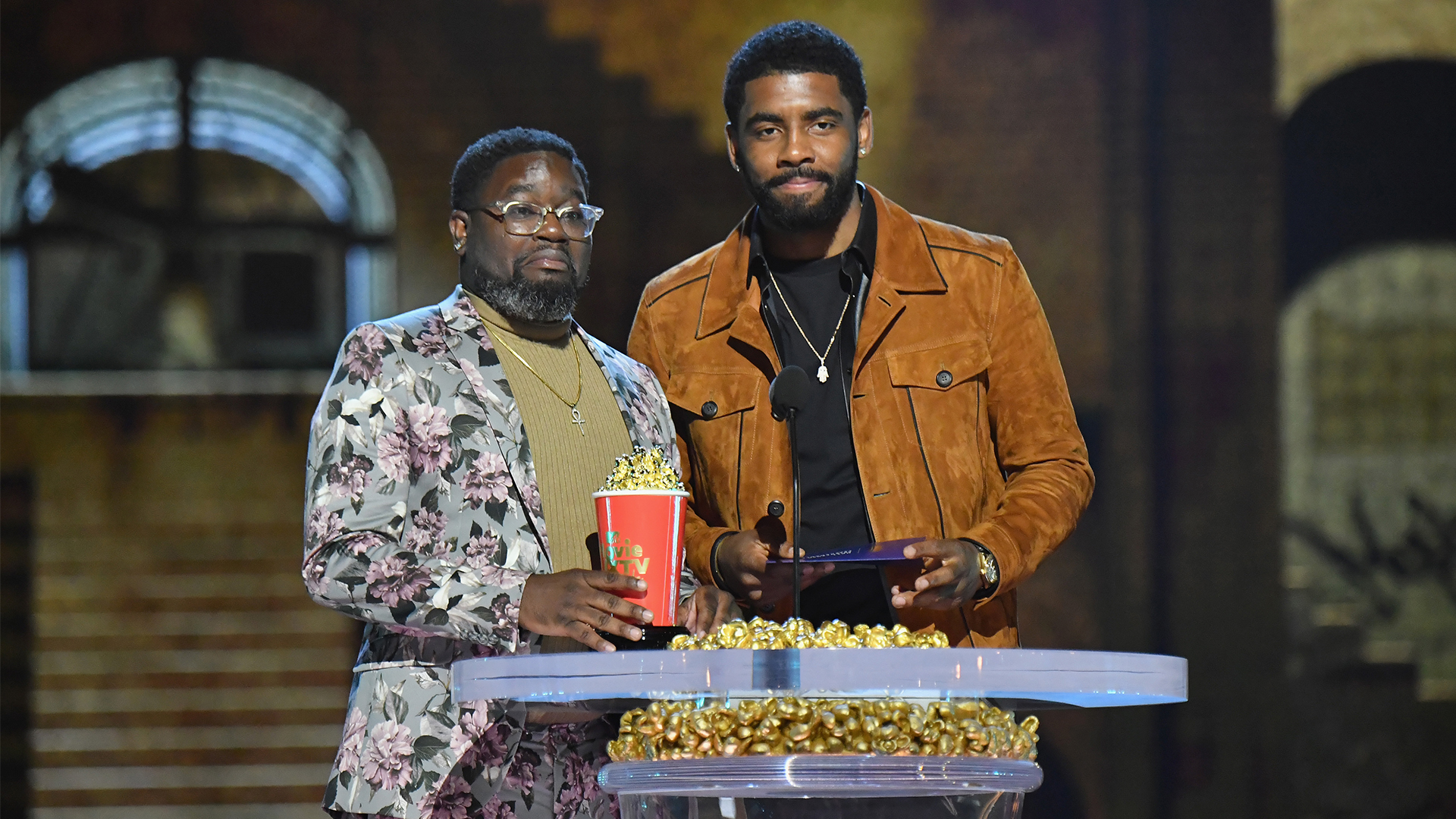
Kyrie Irving originated the character of “Uncle Drew” in a series of Pepsi Max commercials in 2012. The character became so popular that Irving helmed a film by the same name in 2018. He also appeared on the Disney Channel show, “Kickin’ It,” and provided his voice to an episode of the Fox animated show, “Family Guy.”
KAI Eleven Consulting
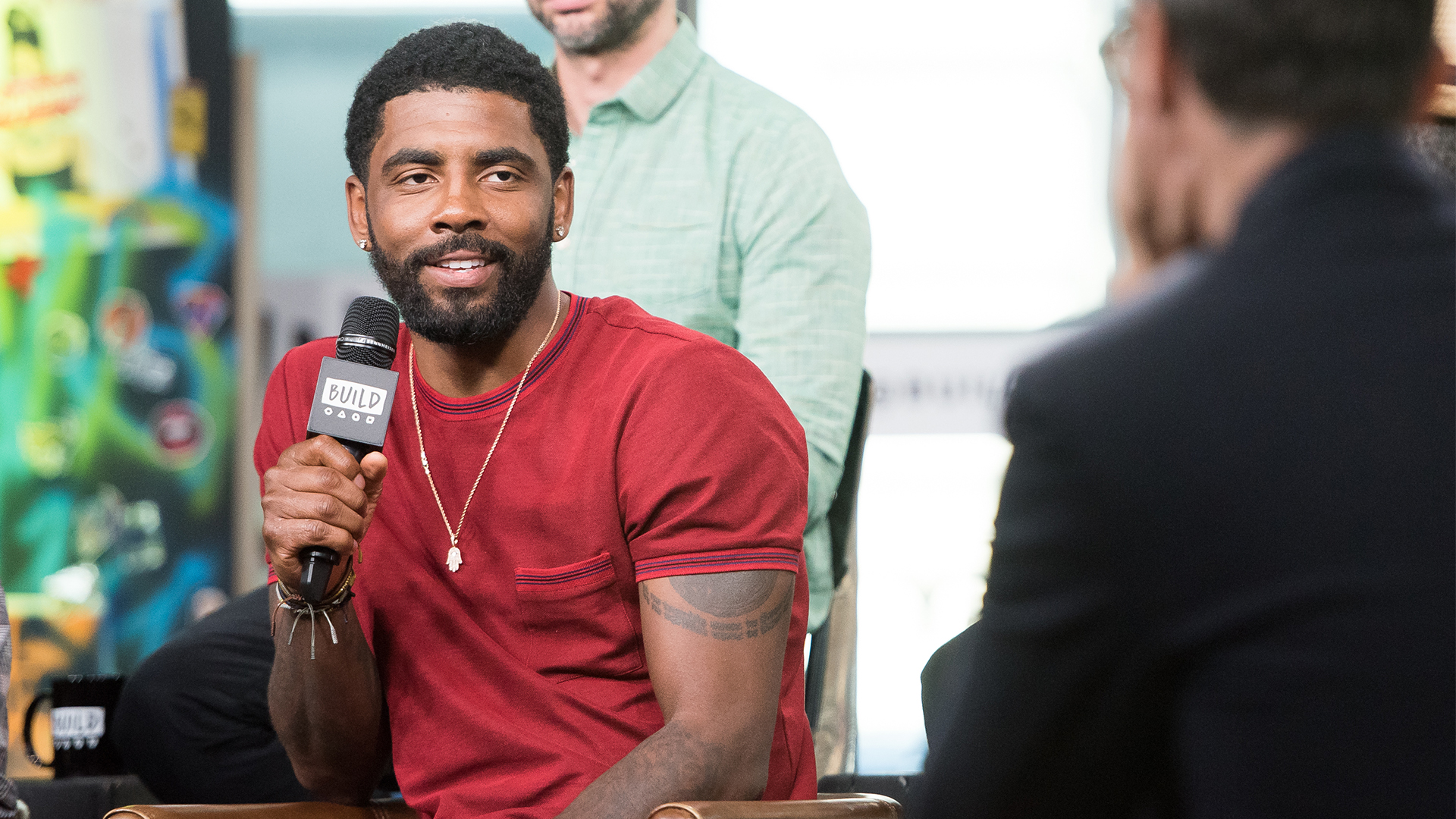
In May 2021, Kyrie Irving announced the creation of KAI Consulting. As AfroTech previously reported, KAI Eleven Consulting, LLC aims to assist underrepresented entrepreneurs across industries, including Black and women-owned businesses.
Sponsorships & Endorsements
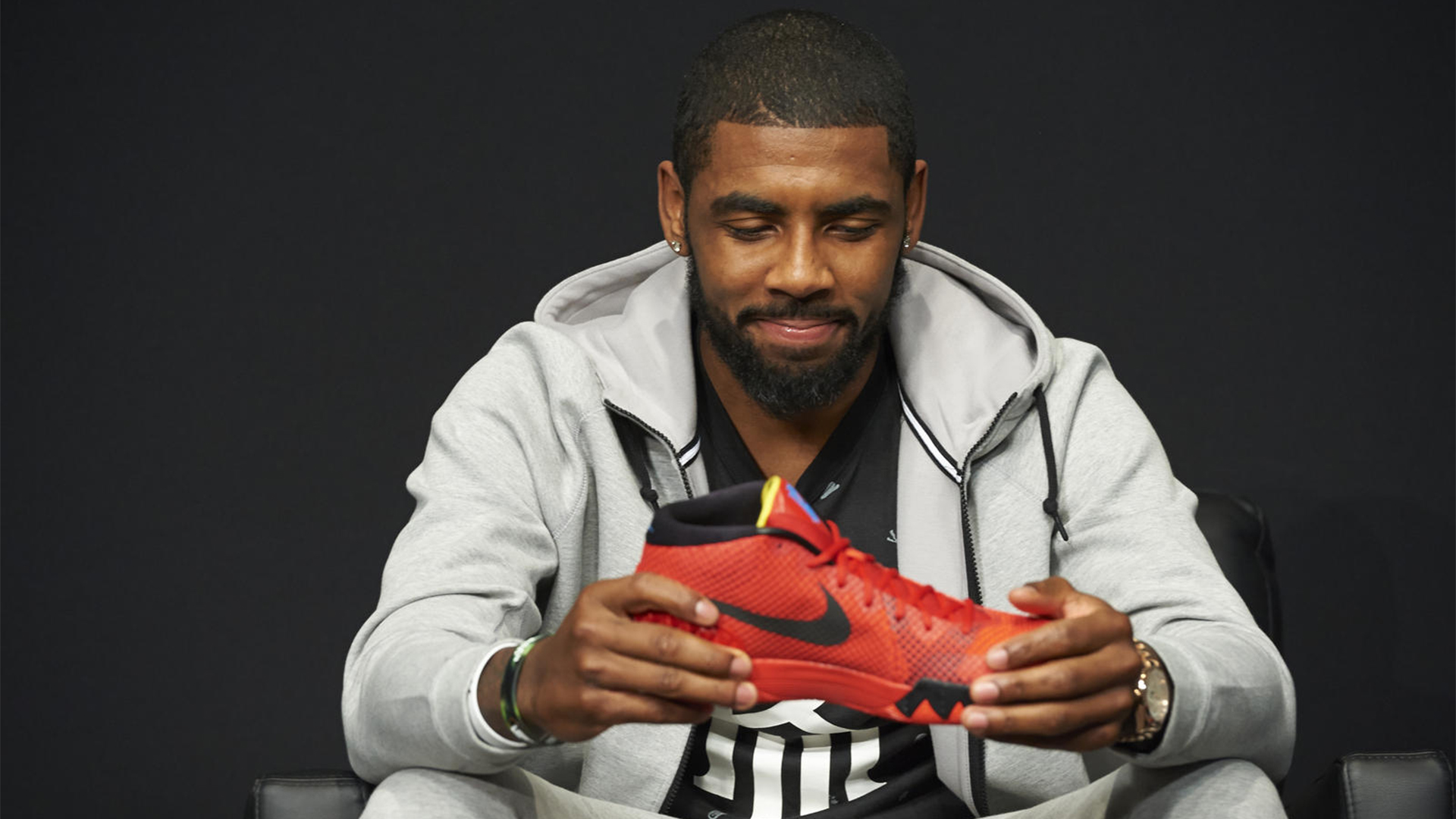
In 2017, Kyrie Irving’s Nike sneakers were the second-best-selling sneakers of the year (behind Lebron James). His Nike deal, as of 2019, is worth $11 million, according to Forbes.
Trucking Company
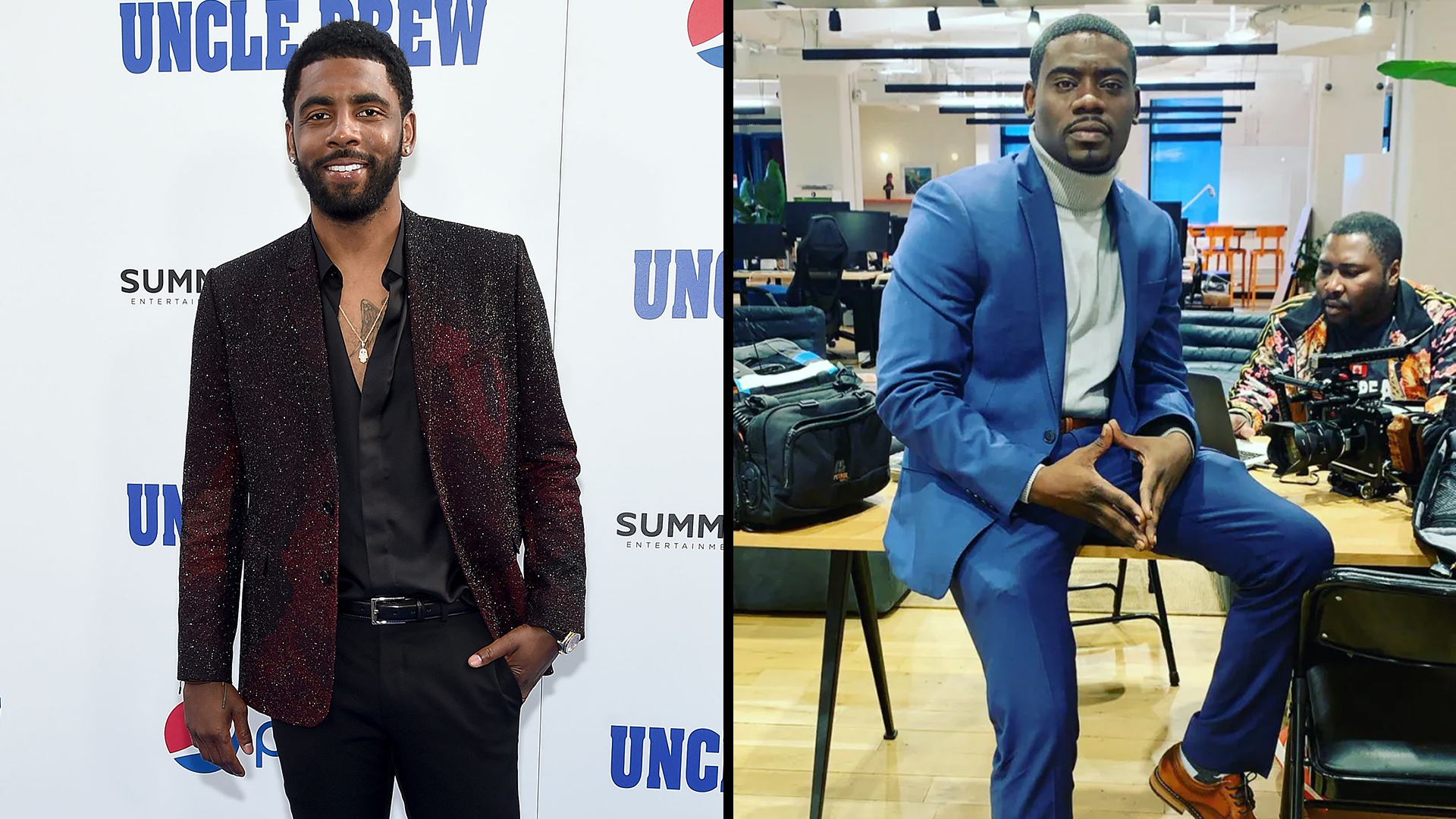
In May 2021, AfroTech reported that Kyrie Irving participated in a $500,000 seed investment for Fleeting, a Black-owned commercial trucking company.
“I am thrilled to receive this investment from KAI 11 Consulting and Lockstep Ventures to further scale our business and empower those from underserved communities,” said Fleeting’s CEO and founder Pierre Laguerre in an official press release. “The trucking industry is one of the fastest-growing in the U.S. and I want to ensure it provides access to everyone who wants to be part of it. I intend to help those in the Fleeting family to become financially independent and even entrepreneurs themselves.”
Philanthropy
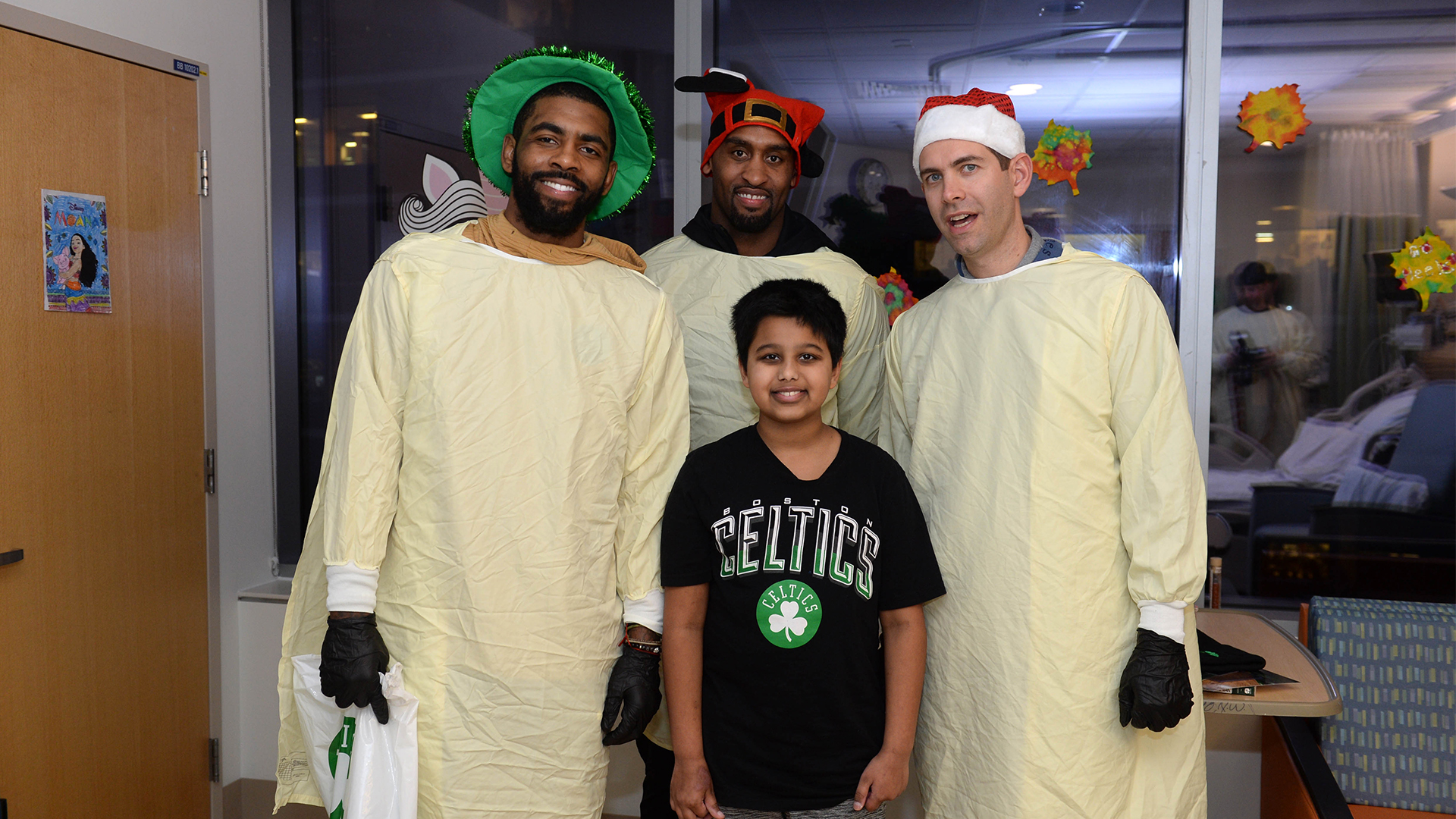
Amongst his other smart business moves, Kyrie Irving is quite a philanthropist.
In 2020, he donated a home to George Floyd’s family. That same year, as AfroTech reported, he paid for the tuition for nine students at Lincoln University. He also donated more than $300,000 to City Harvest on his birthday, and 17 palettes of food to those protesting in support of the Standing Rock Sioux Tribe.
Other Business Ventures
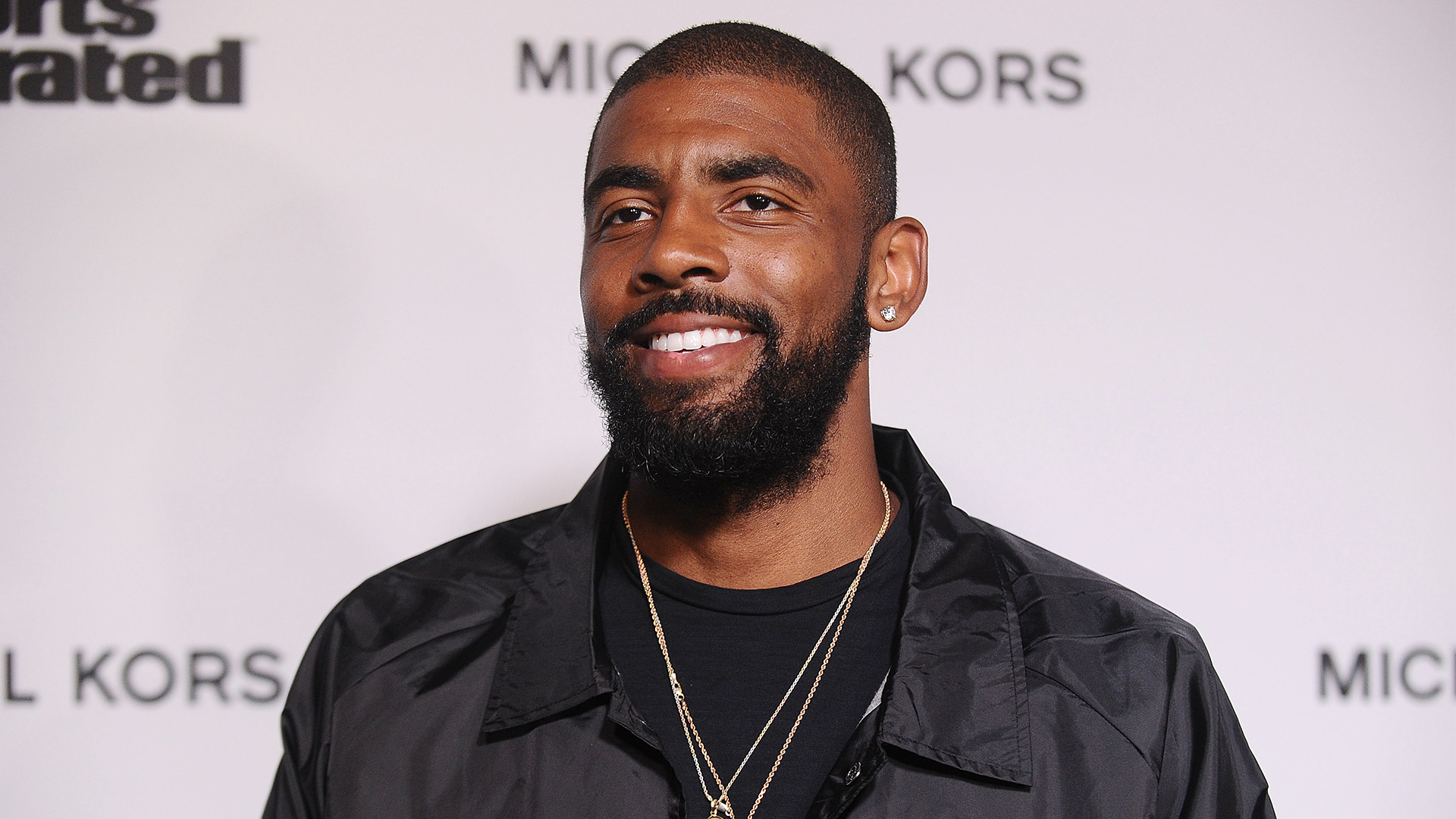
Whether you agree with Kyrie Irving’s stance on COVID-19 vaccines or not, one thing you can give him credit for is his consistency in his stance. As AfroTech previously reported, the WNBA returned to the court in July 2020. But, there were some players that chose to opt out of hitting the court amid COVID-19 concerns. So, Irving lent a helping hand — literally.
Through the KAI Empowerment Fund, he provided $1.5 million in assistance to the players who chose not to return to the court amid concerns about contracting the coronavirus.
When asked why he chose to do it, Irving’s explanation was pretty simple.
“There are a lot of factors that led to this decision, but the biggest one is that I am more than an athlete. I have a responsibility to myself, to my community, and to my future children to fight for something that is much bigger than myself and the game of basketball. I will instead continue the fight for social reform because, until Black lives matter, all lives can’t matter,” he said.
